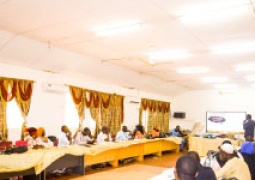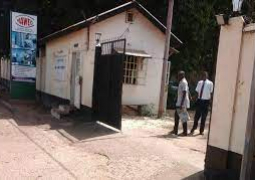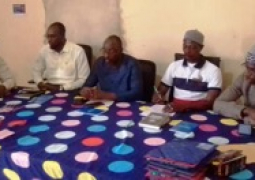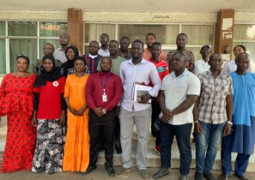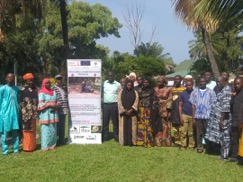
The validation held at Metzy Residence Hotel, was aimed at bringing key stakeholders to review and improve the report for quality assurance.
The Gender survey was conducted to identify the gender roles and functions of women/girls in the horticulture value chain. The objective is to inform the program on the potentials of women, particularly poor and extreme poor in the value chain as well as to determine how the land tenure system affects women’s access to land in the horticulture sector by identifying strategic interventions that will enable increase in income and return on labor for women producers.
UP in partnership with Non-Governmental Organisations (NGOs) with funding from the European Union (EU) is currently implementing the WACOMP project in the Gambia titled ‘Value Chain Strengthening of onions, Pepper, Tomatoes and Orange Flesh Sweet Potato.’
The project is supporting 120 Farmer Field Schools in 5 agriculture regions and Micro, Small and Medium Enterprises (MSME) through improving access to markets and job creation.
United Purpose commissioned a study on Gender Analysis and Mapping using the Women Economic Empowerment (WEE) and Making Markets work for the Poor (M4P) integrated approach.
Momodou Fanneh, the consultant, challenged all to coordinate and empower women, saying they contribute a lot to the development of the country.
He called on Gambians to engage in processing and research to boost production activities and ensure a better Gambia. “Many Gambians do not know the importance of making research.”
Ngansa Touray, project manager, reminded that 95% of their partners are women and therefore it is important that they are involved in the validation because their voices matter.
Touray indicated that they are currently working with over sixteen thousand women, noting that these women, however, face challenges from market conditions, lack of food security, access to finance and access to land.
“Many women share small portions of land to carry out farming activities which is not favourable as the production outcome is always low compared to others that have large portion of land.”


